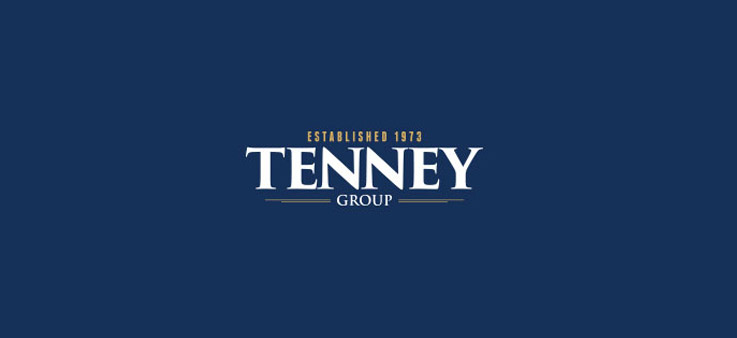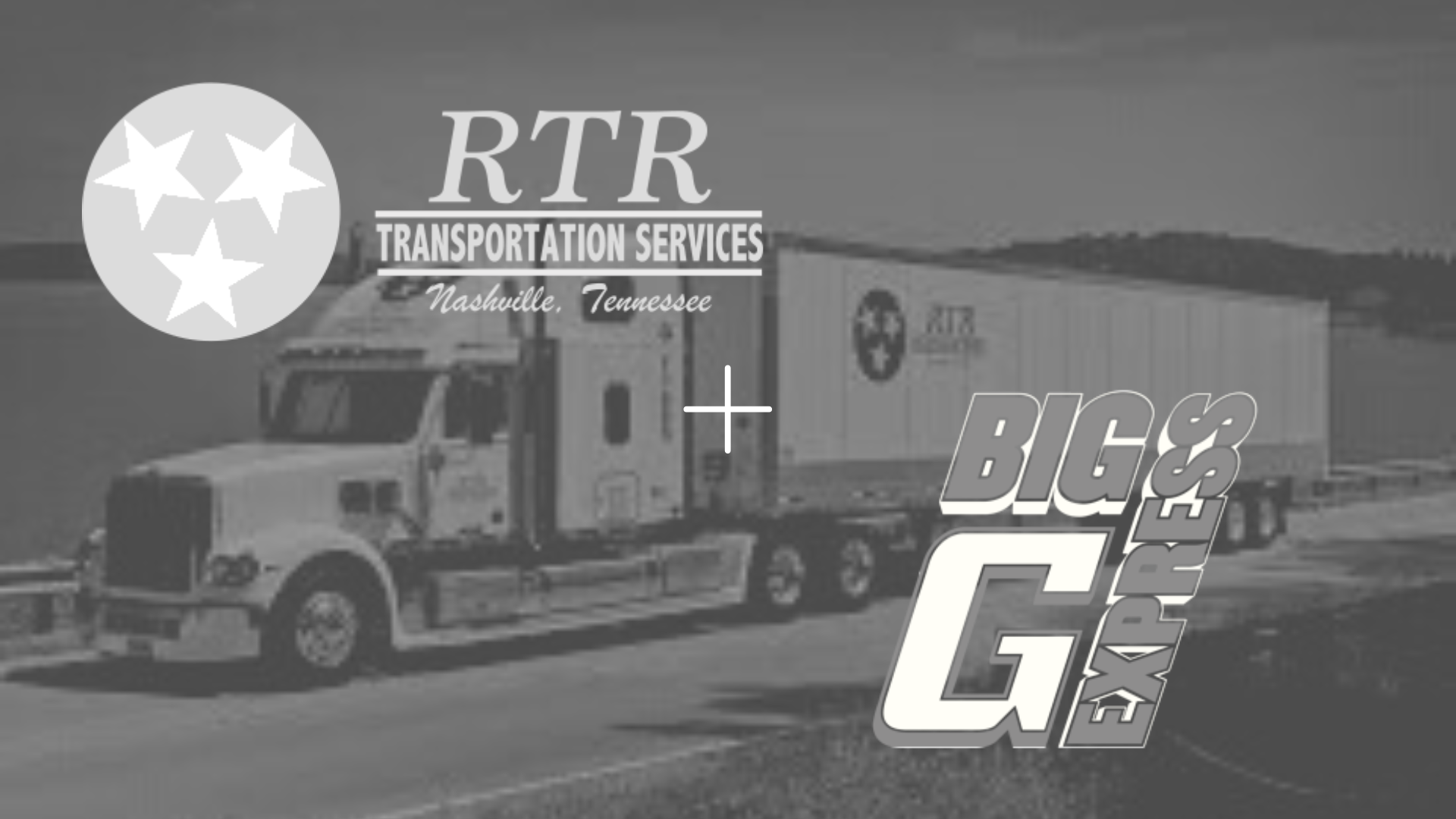Guest Columnist, Beth Carroll – Incentive Compensation in a Post-COVID World
Posted on April 27, 2020 by Spencer Tenney

Beth is the founding partner of Prosperio Group, a business consulting firm that focuses on the strategic management of compensation for global transportation & logistics companies. Beth is based in Chicago, IL and has over 20 years’ experience developing incentive compensation plans for companies across the globe in a variety of industries. Prosperio consultants have completed projects with more than 200 Transportation & Logistics companies.
Beth holds a BA from Bucknell University, an MA from The University of Chicago, an MBA from Northwestern University, and is a World at Work Certified Sales Compensation Professional.
Beth is the author of Taming the Compensation Monster: Using Freight Broker Compensation to Drive Urgency, Performance, and Profits which is available on Amazon in soft cover, audio and kindle editions.
Q. What are some of the biggest changes you are seeing in compensation design and management right now?
A. During March, I think most businesses were too shell shocked to really do much of anything from a strategic perspective, but in April many more have reached out to start making changes to their incentive compensation plans (sales commissions, quota bonuses, goal-based incentives, etc). Some who have not used variable compensation in the past are looking at how working from home changes the dynamic between employee and employer and considering that variable compensation may be a very useful tool to ensure employees (not just sales employees!) continue to stay motivated and engaged. Others who have used highly variable plans in the past are seeing pay differences between employees really escalate – some are making way more and others are making nearly nothing – all based on what type of freight they are dealing with. These companies are looking for ways to decrease pay volatility. While some incentive compensation is a very good thing, too much pay at risk only causes bad outcomes (employees may cheat from desperation or they are paid out way more than is commensurate with the level of effort and skill involved).
Q. What are some broader trends that you are seeing in compensation that go beyond the current situation?
A. Companies were and are still very actively using incentive compensation to motivate employees and share economic risk. More trucking companies are seeking incentive plans for ALL roles in their organization. I recently developed plans for a Tank Wash Manager and a Parts Purchaser. While some roles more easily fit into an incentive compensation model (sales, operations, recruiters, executives), if the role has objectively measurable KPIs then you can, at least theoretically, put an incentive plan in place for them. Whether it makes sense to do so in every case is a different story. The most effort should be focused on those roles that directly impact the top or bottom line (sales and operations), with secondary emphasis on supporting roles.
I also see this industry moving toward a level of sophistication in compensation management that was not terribly common prior. The concepts of “market pay levels” and quota driven plans, or simply having a defined compensation philosophy around pay mix and leverage…all of these things were new to the industry 10 years ago, but quite common outside of the industry. This terminology and approach has finally started to really influence how people talk about and make decisions around compensation.
Q. What would be one thing you would recommend that companies do right now to improve their compensation plans?
A. Cap in period payouts (e.g., monthly) and install a semi-annual or annual true-up calculation. This allows for “gain back” of lost income in a very poor month and mitigates really high payouts in a great month. It also encourages employees to focus more on the longer term rather than just maximizing the current month. You want them doing things now that will ensure your company’s health and longevity well into the summer and fall (and many years beyond)! If your plan is only focused on the current month, week, day, or even load as many transactional plans are, you are asking your staff to altruistically think about the company’s future when all they are really incentivized to do is think about maximizing their income in the moment. You need to be sure their priority (income) is aligned with your priority (sustained profitability).



